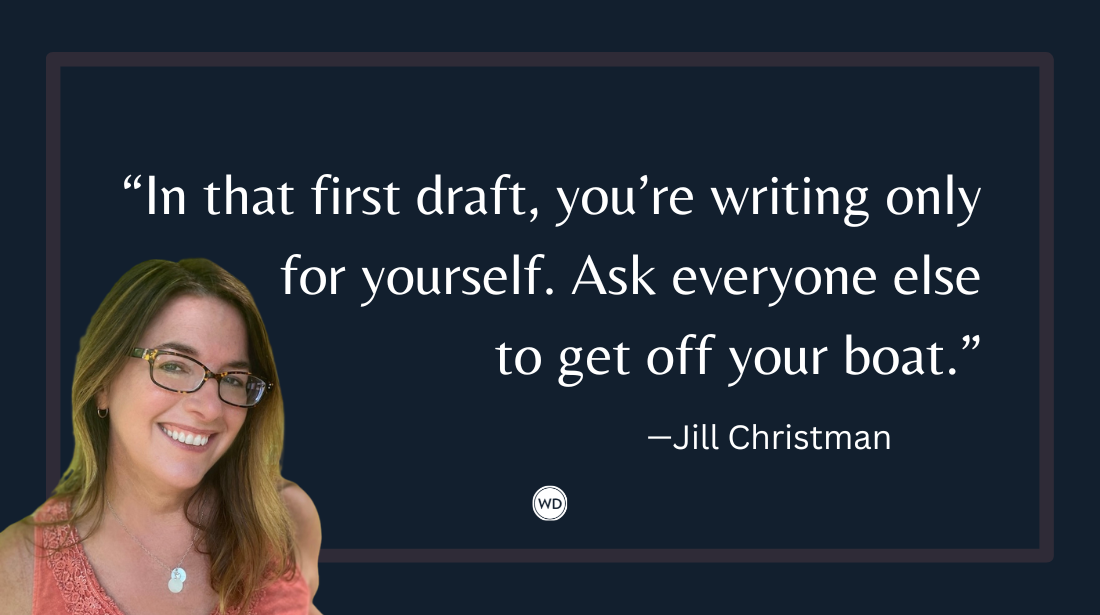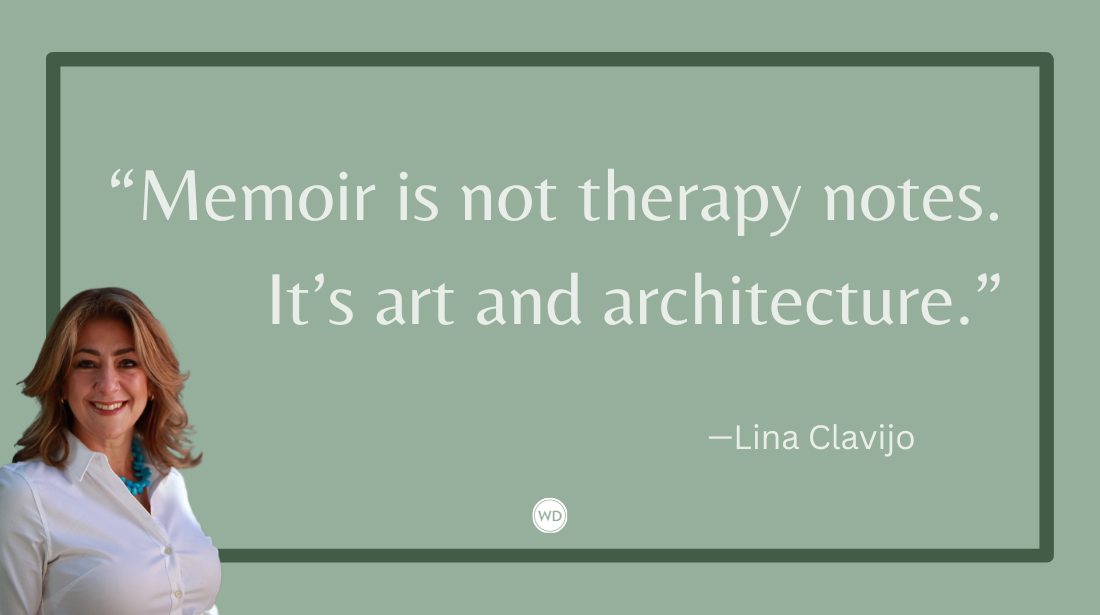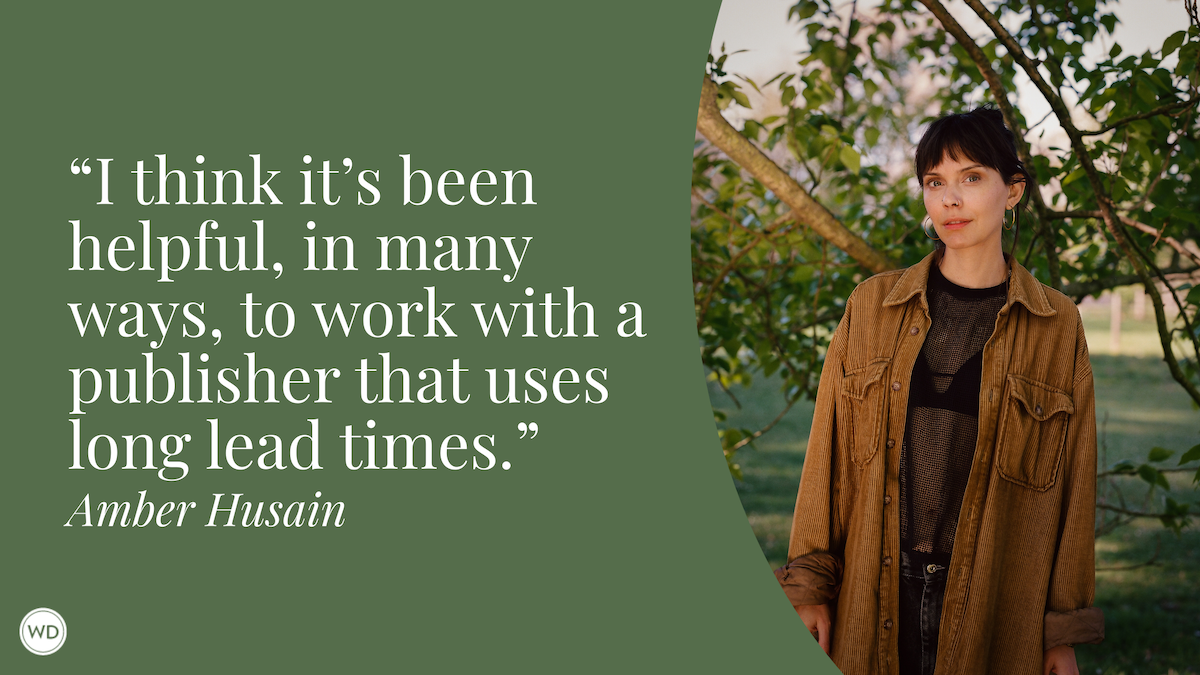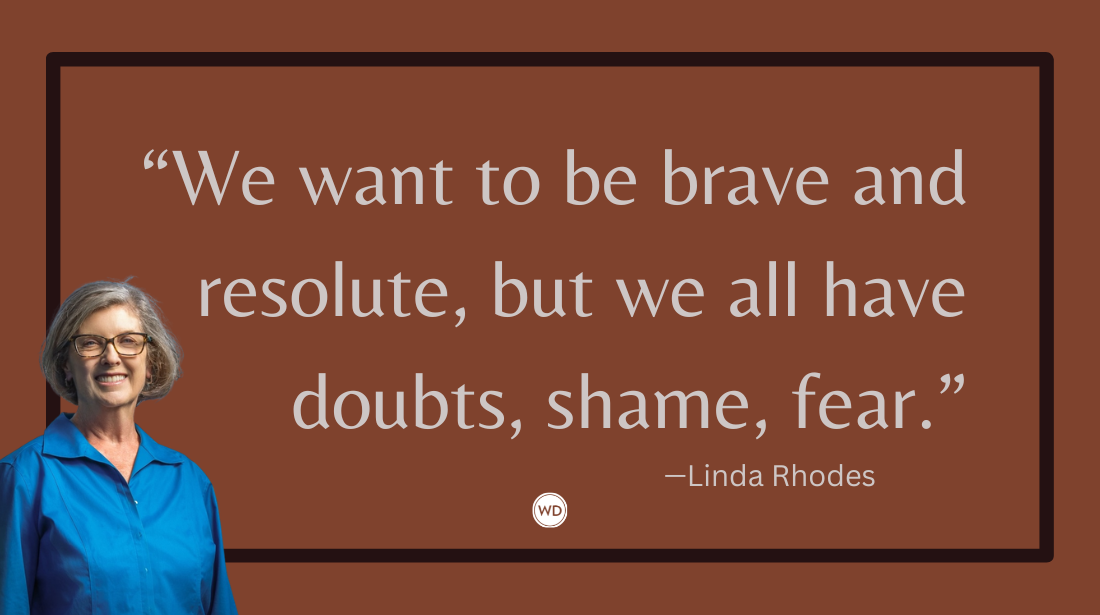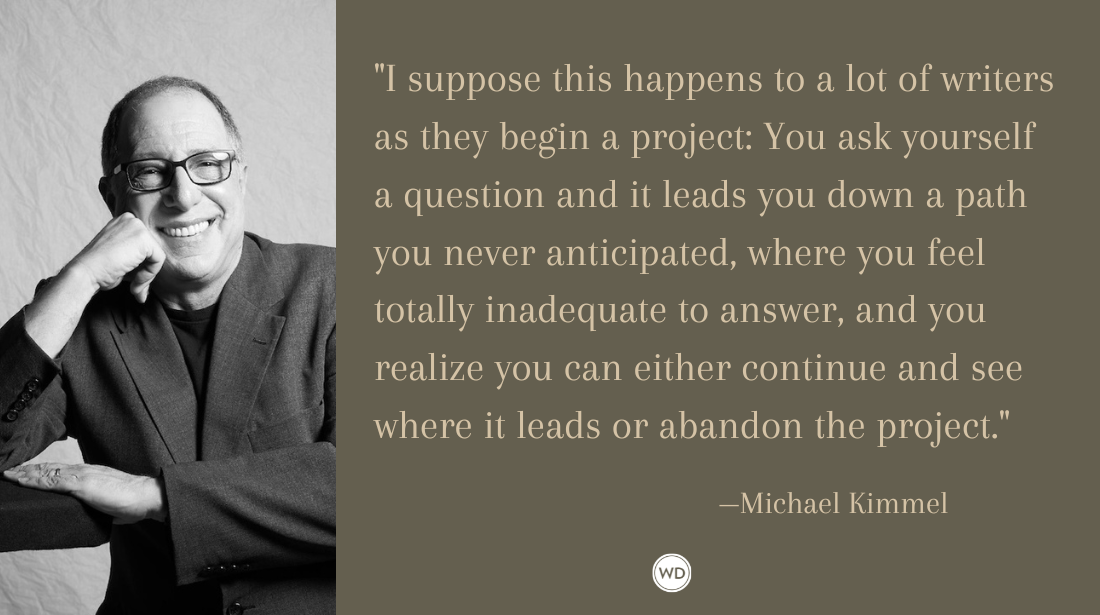In Defense of the Flibbertigibbet: The Questions That Made Me a Writer
BY MEGAN KRUSE I was eighteen when I met my friend Katie at a summer camp in Washington. I must have been doing some work then, but even now it…
BY MEGAN KRUSE
I was eighteen when I met my friend Katie at a summer camp in Washington. I must have been doing some work then, but even now it seems that my main occupation was trying to romance the other counselors, to grow friends and loves like wildflowers around me. The day we met, I was swimming in the muddy lake while Katie read on the dock.
I surfaced beside her. “Who do you love?” I asked her.
“Pardon?” she asked.
“Who do you love?” I repeated. “Like in your life? Do you believe in it? Have you been in love? Are you happy?”
I dove to the lake bottom, kicking between the reeds and the schools of tiny rainbow trout. When I surfaced again, she was looking at me with one eyebrow raised. “What is wrong with you?” she asked. “What the hell kind of question is that?”
I wasn’t always such a, shall we say, flibbertigibbet. Quite the opposite, actually. I was a devastatingly shy child. I whispered instead of speaking. Even my handwriting was tiny and cramped, as though I was trying my best to disappear. I tiptoed my way through elementary school, middle school, junior high. In high school I began to unfurl my limbs a little, but really I think of the years when I still lived at home as nebulous and hazy; I was still waiting to determine my own shape.
That camp summer was my great unveiling. I was fresh out of my first year at a liberal arts college, which I’d spent drinking box wine and talking about poetry. I’d come out to my family. I was listening to Bob Dylan and carrying around a copy of The Cinnamon Peeler and wearing a Frida Kahlo t-shirt with the neckline torn off. In short, I was a specific kind of young--obnoxious and endearing, and for the first time I was a tiny bit comfortable in the world and my own skin, and I wanted to catch up. I was throwing questions at everyone around me, trying to elicit the mysteries of how other people lived.
Are you fearful? Where will you be in five years? What will your life look like? Who do you miss?
These were not Gottman’s emotional bids, those gentle egg tosses of communication between friends and partners. These were wild proposals, John Cusack boomboxes demanding your stories, your thoughts, your opinions.
What is your greatest sorrow? Are you lonely? What do you think of, in the night, when it’s dark and empty? Do you fear death?
What in the hell kinds of questions were those? And yet, I think: Those questions made me a writer.
Learn how to create compelling characters that readers believe in, write scenes that deliver an unforgettable emotional impact, distinguish among the many different kinds of viewpoint, and choose the one which is right for your story with the tips and techniques in our classic bestseller Write Great Fiction: Characters, Emotion & Viewpoint by author, speaker, editor and writing instructor Nancy Kress. Each chapter is filled with examples drawn from the work of successful writers, along with action-and-results exercises that help you take your lessons to the keyboard.
The thing is, when you ask people about their lives, they--mostly--answer you. My delivery was less than refined, my persistence irritating, but I was learning what made people tick, and beginning to see the world as an immense network of stories, emotional transactions, fears and triumphs and losses and needs. The close walls of my own timidity were falling away in the face of everything I could learn--all the intimate knowledge that was at my fingertips if I simply asked.
When I teach classes on writing fiction or the novel, my first advice is to go out in the world and talk to people, to your friends or to strangers, to the people who will become the raw matter of your work. I don’t mean that you will expose their secrets, or incriminate them, or sketch a barely-disguised version of their last relationship. The richest characters aren’t imitations; they are unique individuals built from the stuff of life. To write, we shouldn’t be seeking what to write about, but the how and why of behavior; we need to understand how a single moment or event can undo us, or the way that one emotion bumper cars into another, or the way that our decisions echo down the hallways of our days.
In other words, we must ask the questions to hear the stories, and hear the stories to understand the pixelation of the world--the way it is comprised of so very many meticulously assembled individuals. To write good characters and believable experiences, we have to begin to see how exceptional people are, and how we each grapple with and make our choices about who to be. We have to consider which elements we all share, and which make us singular. I’m sure there are more graceful ways to do it, but the important thing is first to ask, and then to listen.
Katie and I are still friends, of course. Maybe it was in spite of the questions, or--I like to humor myself--because of them. I think of my ridiculous eighteen year old self, shining bright and dopey in the sun, throwing herself at the people around her. She’s silly, yes, but she’s getting somewhere. Tell me, she’s begging the world. Tell me who you are. I want to understand.
Megan Kruse grew up in the rural Pacific Northwest. She studied creative writing at Oberlin College and earned her MFA at the University of Montana, writing about lonely places and our faulty, beautiful hearts. Her work has appeared widely in journals and anthologies, and she recently completed residencies at the Kimmel-Harding-Nelson Center for the Arts in Nebraska and the New York Mills Regional Cultural Center in Minnesota. Her debut novel, Call Me Home, released from Hawthorne Books in March 2015, with an introduction by Elizabeth Gilbert. She currently lives in Seattle. You can find her online at megannicolekruse.com or follow her on Twitter @MeganNKruse.
Adrienne Crezo is the former managing editor of Writer's Digest magazine. Follow her on Twitter @a_crezo.




